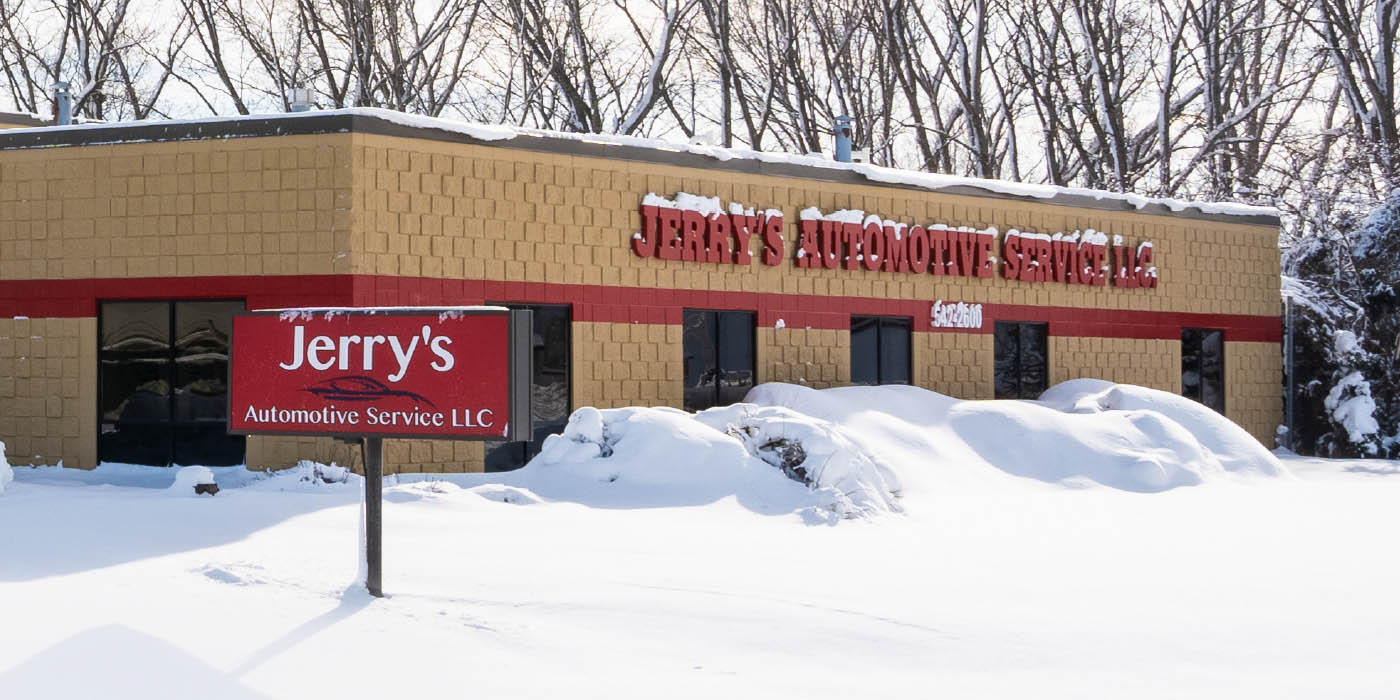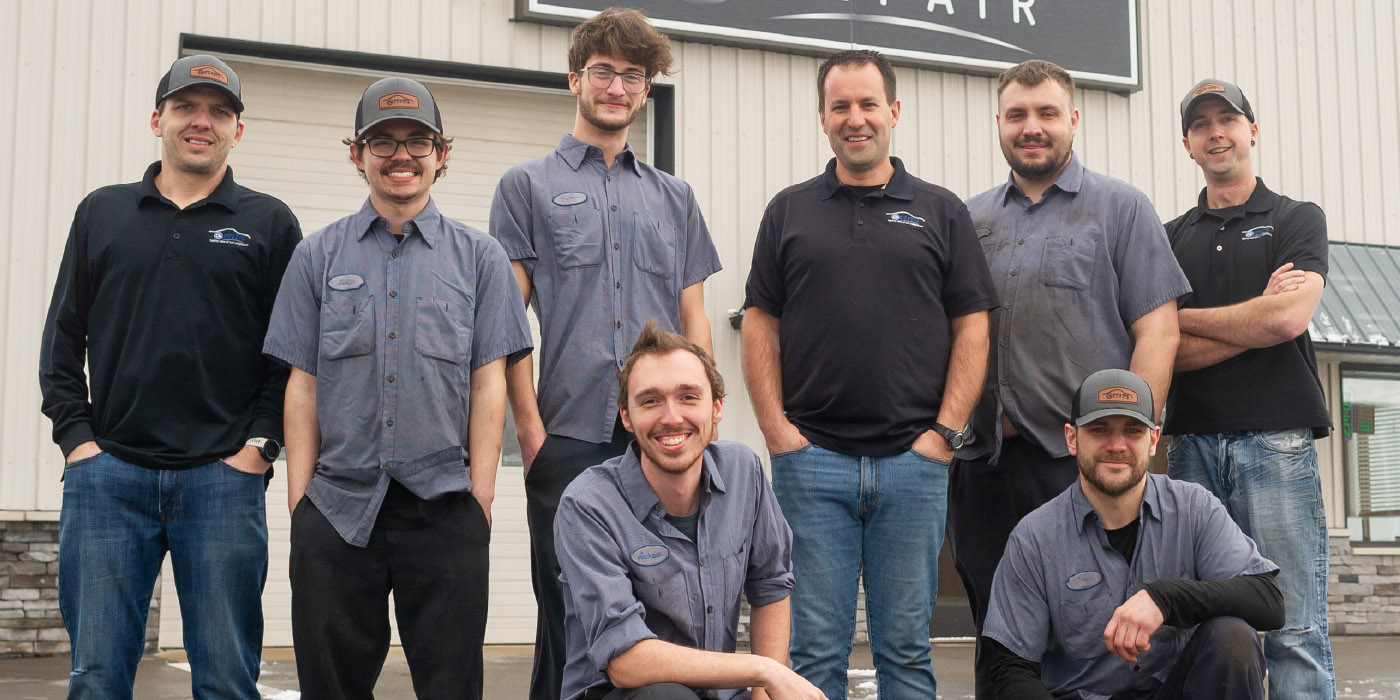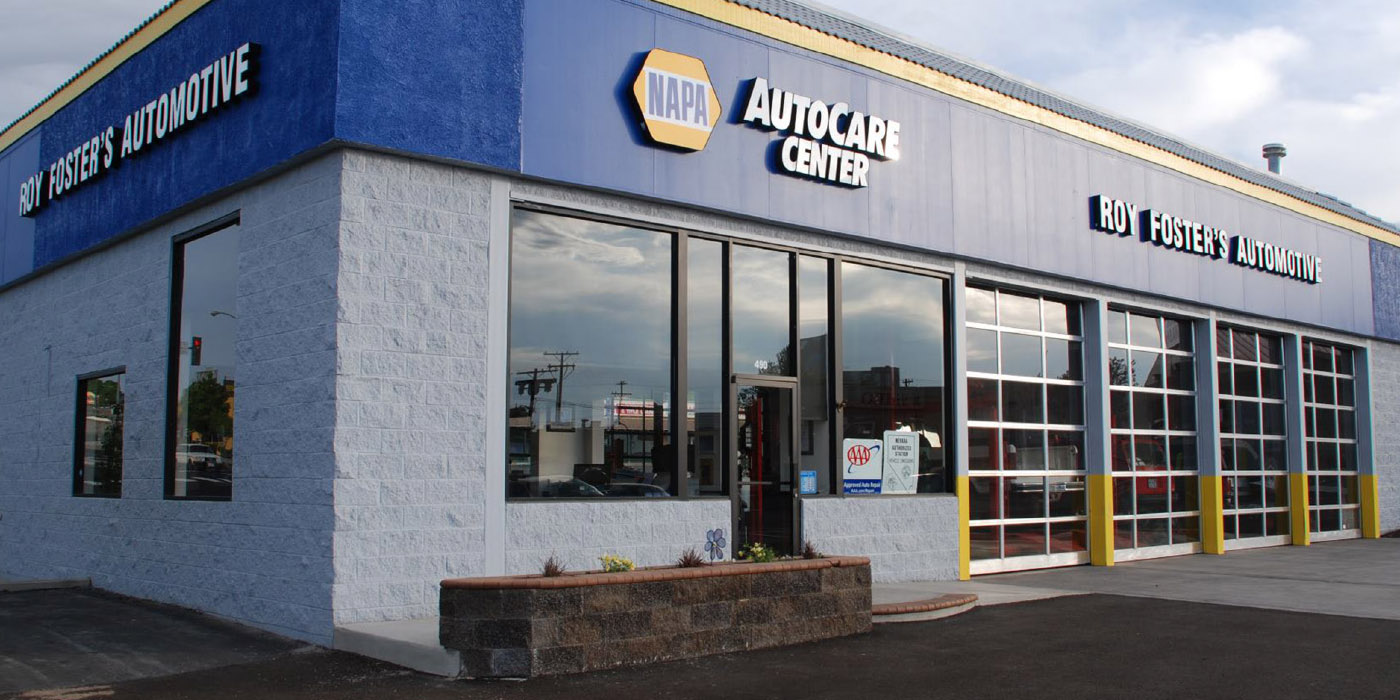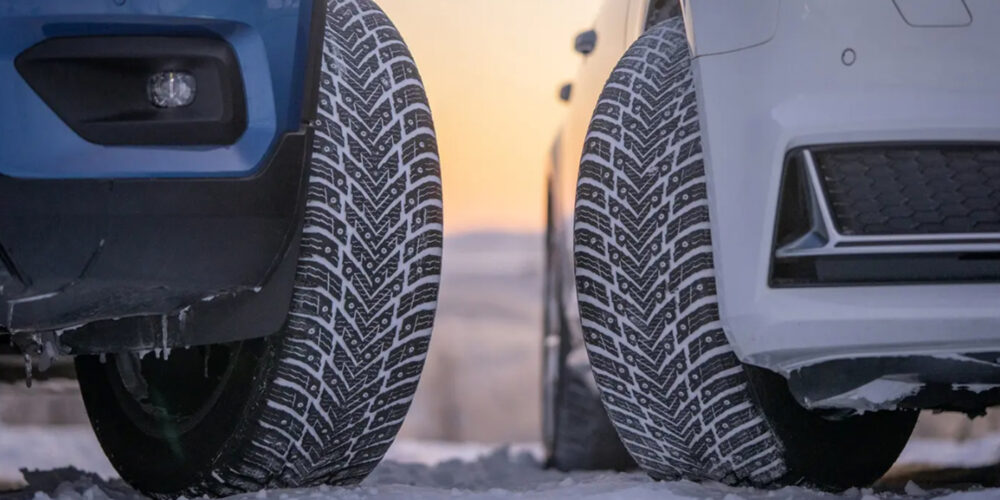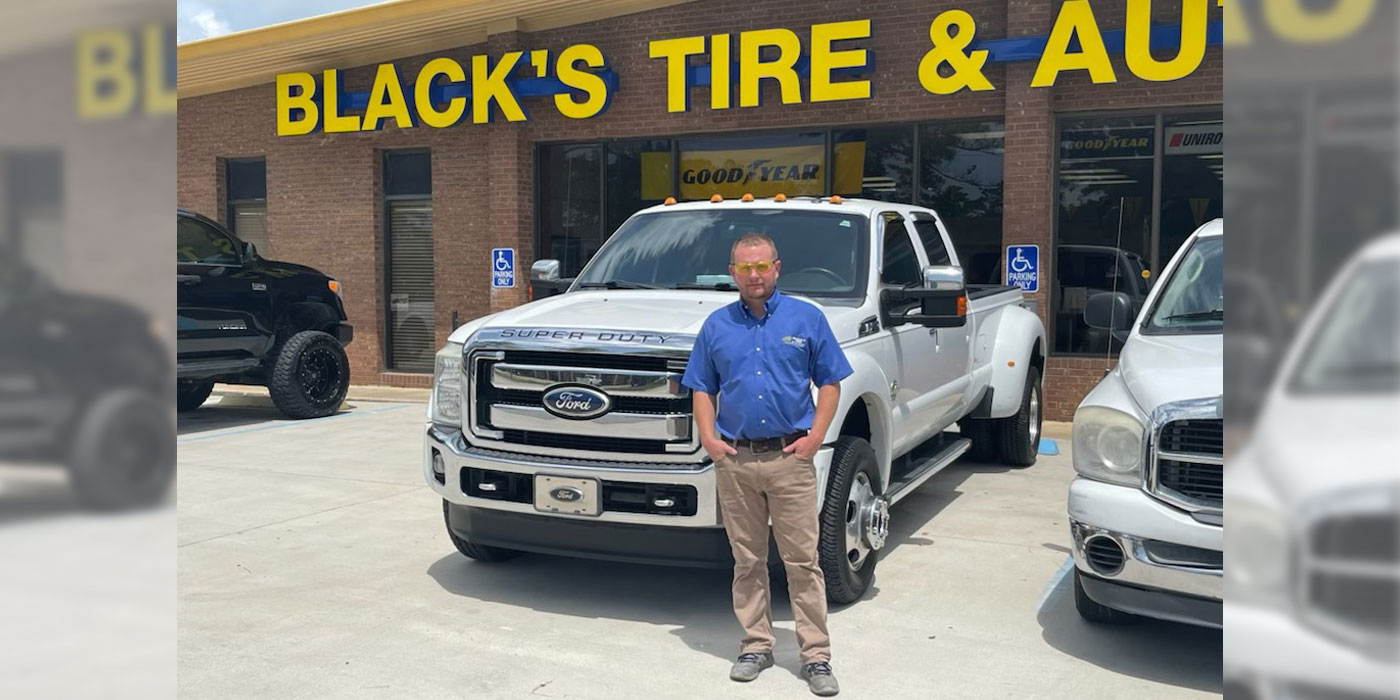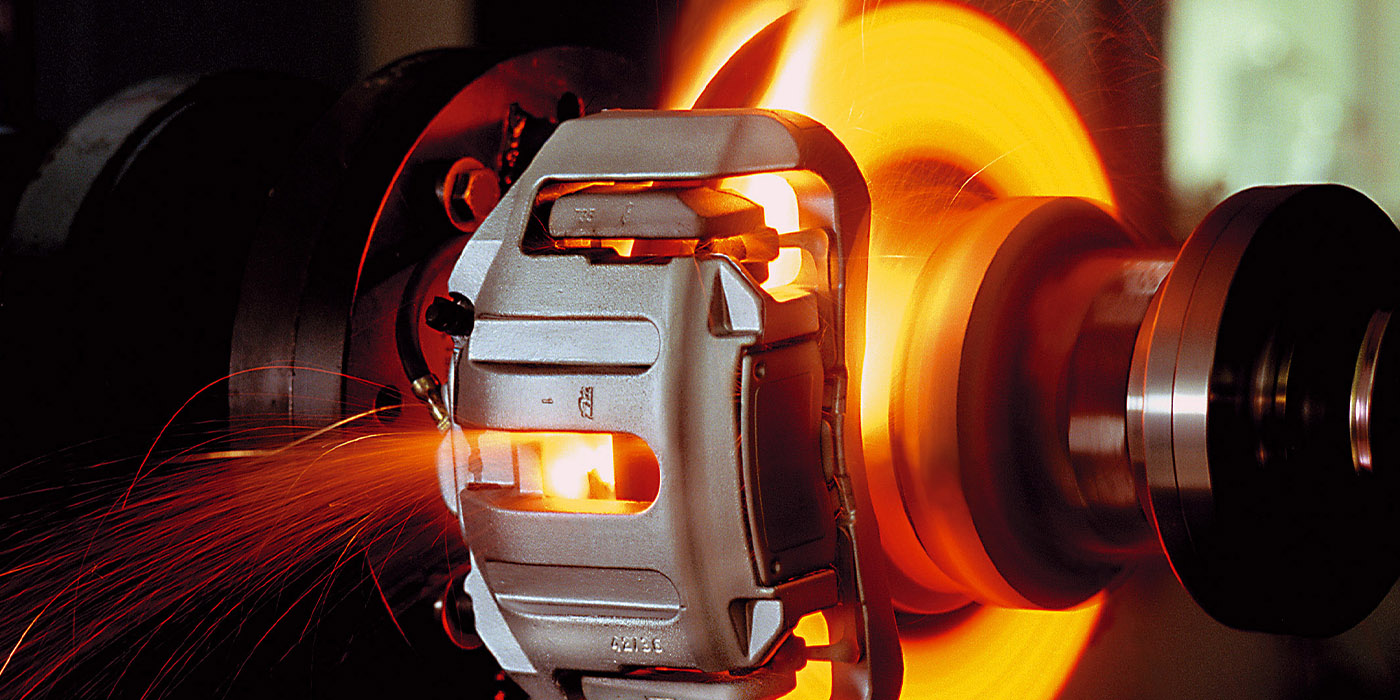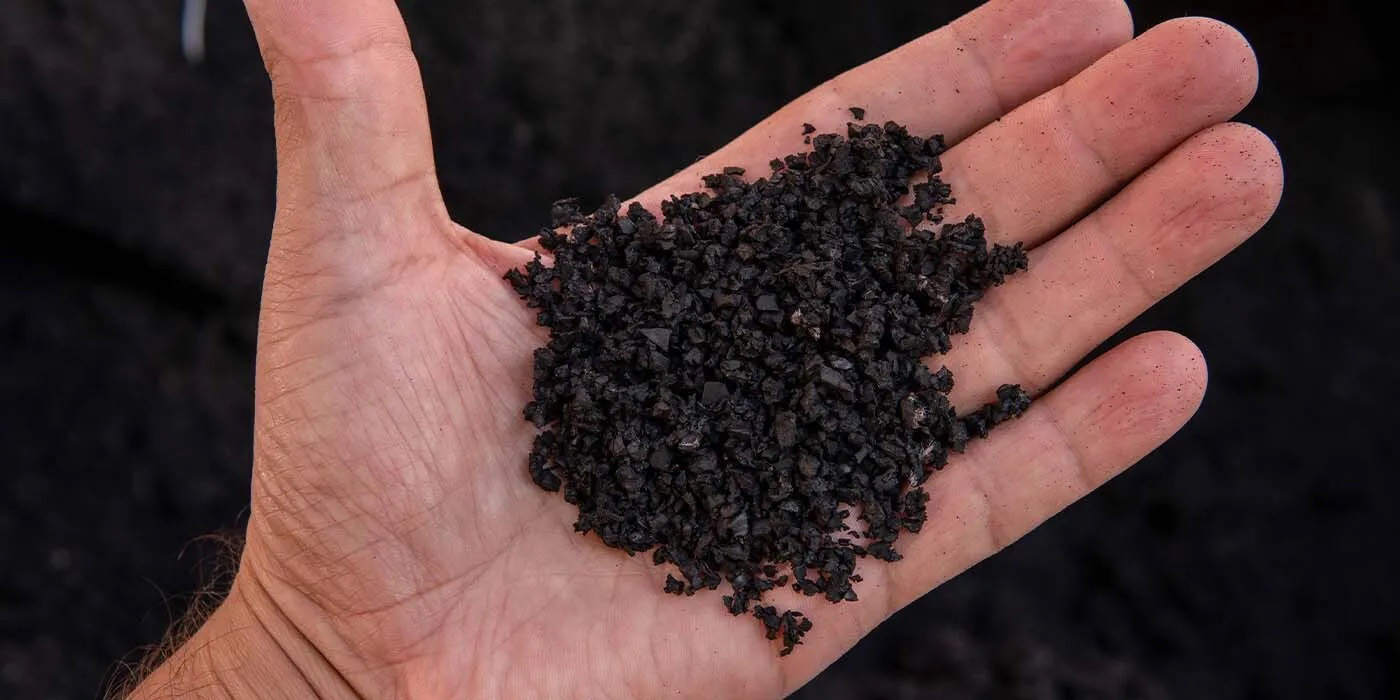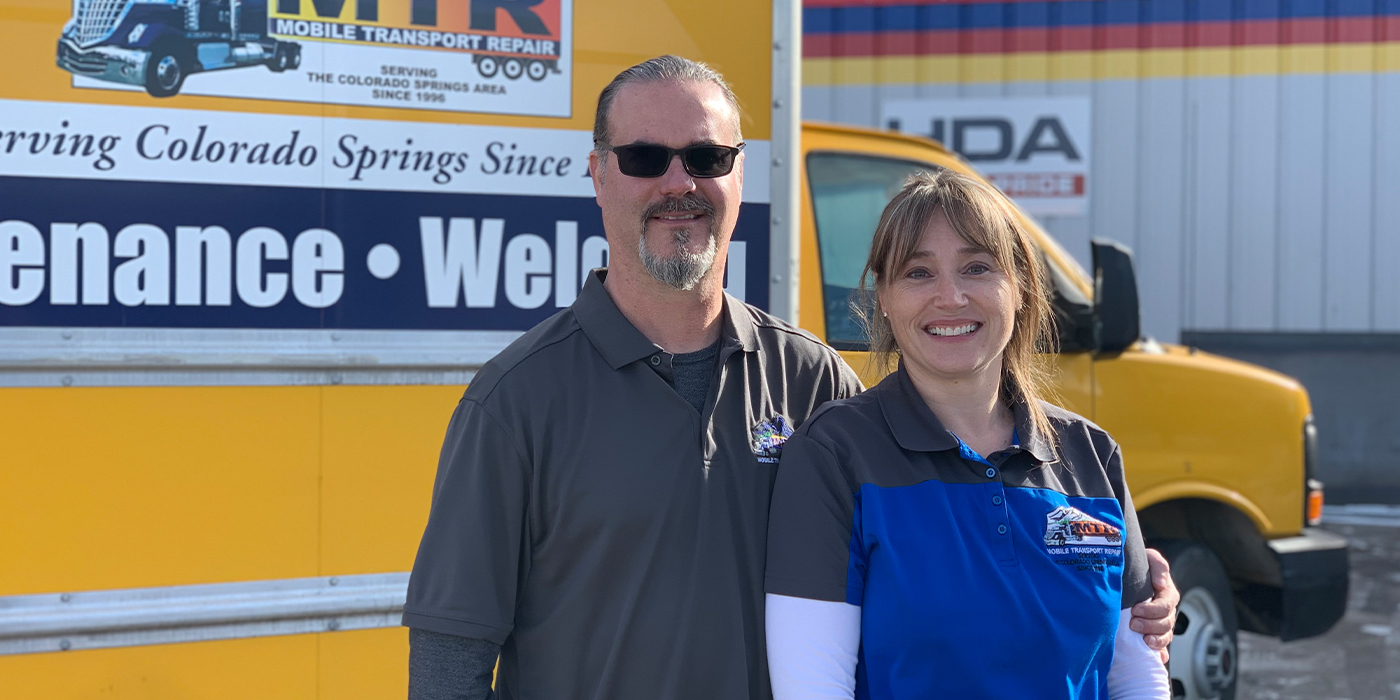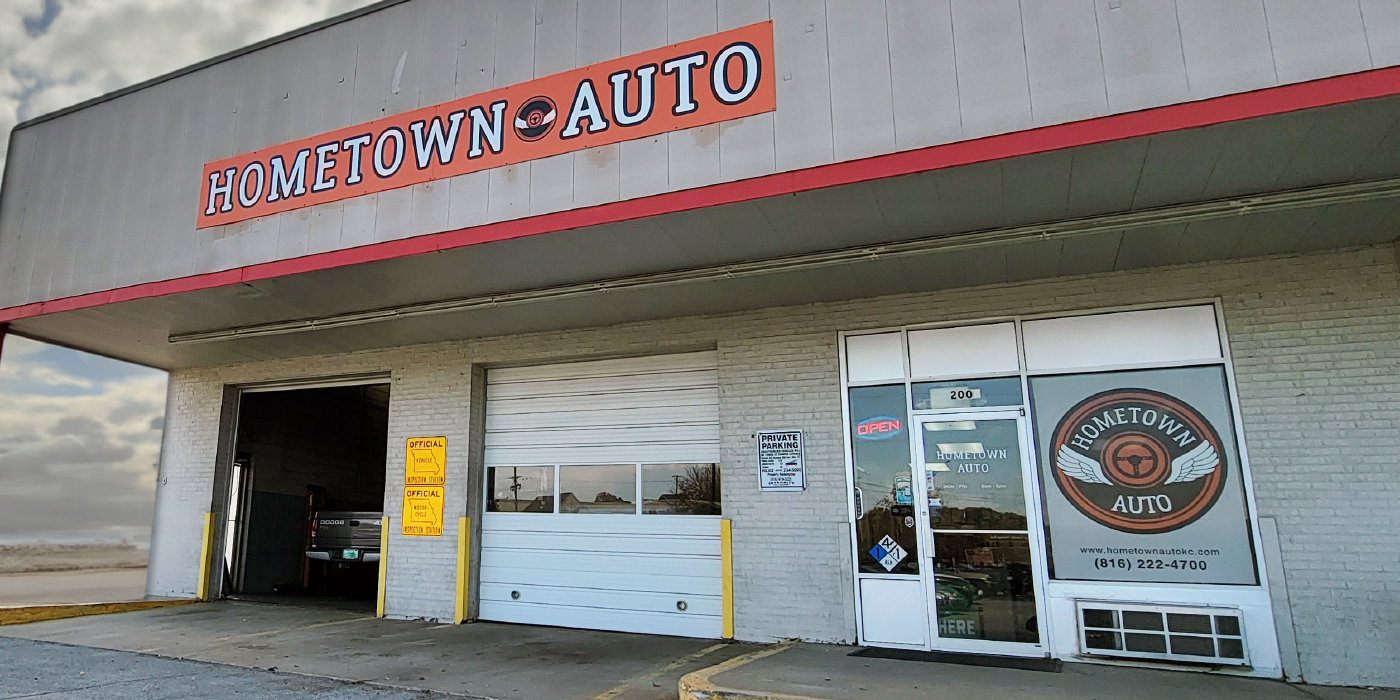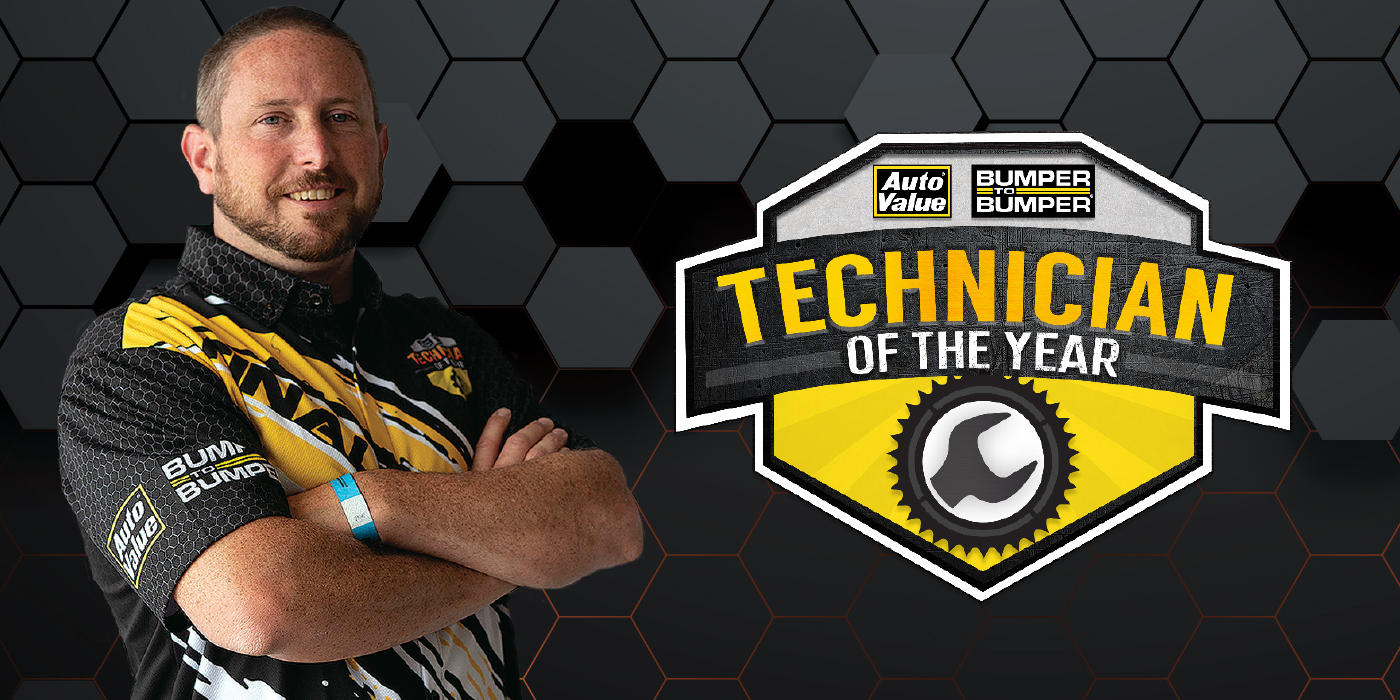
Some people scoff at the environmentally friendly movement
thinking it’s just a fad, or something that’s “hippie.” But, that’s quite
the contrary. Globally there has been an insurgence of consumers
who are seeking out sustainable companies and products.
There’s also a misconception about the automotive repair world that shops are dirty. But we know that’s not always the case. Embracing the environmentally friendly movement may not only be good for the earth, but for your bottom line and shop aesthetics, too.
A recent study by Nielsen, “The Conference Board Global Consumer Confidence Survey,” found that 81% of global respondents felt strongly that companies should help improve the environment. In the U.S. the number of consumers who felt strongly was lower at 68%, but sustainably minded consumers were still making up a majority.
“Sustainability is personal for consumers,” said Crystal Barnes, senior vice president of Global Responsibility & Sustainability at Nielsen. “By identifying an opportunity to be more sustainable, and implementing a reasonable plan of action to accomplish it, companies achieve an authenticity that paid advertising can’t buy.”
We talked to a few repair facilities that have implemented environmentally friendly practices at their shop. Sometimes the practices cost the shops more and other times the shops saved money. In the end, the shops we spoke with felt the green practices were the right thing to do for their business and the environment.
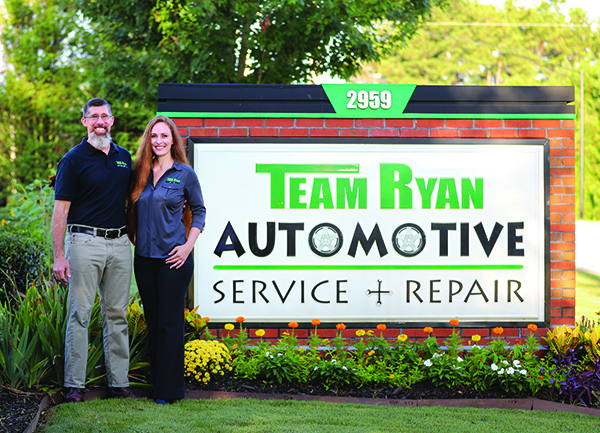
Green from the Start
From the very beginning Team Ryan Automotive was focused on green initiatives.
After working for nearly two decades as a technician, Dan Ryan decided to start his own auto repair business. In 2015, together with his wife Shara, Dan started Team Ryan Automotive in Buford, Ga.
“It’s something that was at the forefront from the get go,” Dan shares. “It’s just how we handle things in our personal lives, and, by default, that’s how it got handled in the business.
“We like to treat our customers right. And, we like to do everything we can do to treat the environment right,” he continues. “It’s what we would call just doing the right thing. We’ve ingrained that in our culture here.”
Instead of building a new shop from the ground up, the Ryans purchased an existing house and warehouse, and then renovated the buildings to fit their needs. Among the renovations was the installation of an industrial acrylic floor system, which has helped the business with its green practices and more.
“Prior to getting anything in the building, we had the floor sealed. This prevents any spills that may hit the floor from soaking into concrete and, then, ultimately leaching into the ground,” Dan says.
Other added benefits of the light gray flooring have been a better-lit space for technicians, with light reflecting off the floor, as well as a cleaner appearance inside the shop. “[Our shop] has a very clean and professional appearance to the average consumer. We hear, ‘This shop is spotless!’ So it does help not only from an environmental and functional standpoint but also a presentation and image standpoint to have this floor system,” Dan says.
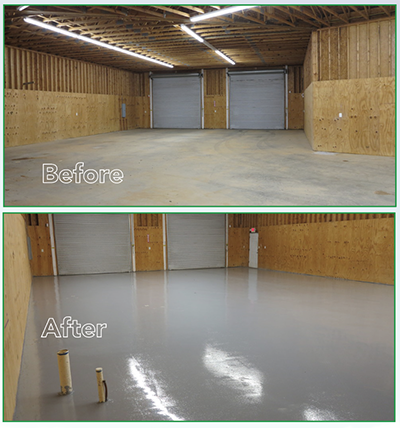
Other features of Team Ryan Automotive’s building that help with its environmentally friendly goals are a white shingle, energy-star roof, fluorescent lighting and a waste oil heater.
The heater has been a talking point for the shop, and something Dan is particularly proud of having.
“When we’re giving a shop tour or we have a customer in the shop, customers almost always ask about the oil heater. We are proud to be able to say we take all the oil that we drain out of our customer’s vehicles and we save it and use it to heat the shop in the winter,” Dan says. “People respond really well to seeing that.”
Dan notes that the waste oil heater was more costly to install than a traditional heater (estimating it would take five to six years to break even on his investment) and it has yearly maintenance costs, but keeping the environment in mind it has been a good investment for his business.
“When I’m making business decisions, ROI is almost always part of the discussion. One of the driving factors for the waste oil heater was that I’m not having to dispose of or recycle the used oil,” he says. “There is a cost that’s associated with that for vendors and there’s a process in order to make that happen. We’re taking all that out of the equation by handling that ourselves. For me, the purchase of the oil heater made it worth it, even though it was going to be a long time to see a return on the investment.”
Some other environmentally friendly practices in the shop include:
• An ink cartridge exchange program.
• In-house recovery and recycling of A/C refrigerant. “We test the refrigerant and as long as it doesn’t show up as contaminated in any way, we’re going to recover that and then our machine recycles and allows us to reuse that refrigerant, either on that car or future cars,” Dan says. “You’re always going to have to buy refrigerant, but if I can properly recover as much as possible out of a vehicle that helps reduce costs for us, thus making a better price for the customer.”
• Recycling of batteries, antifreeze and tires, as well as all cardboard and plastic materials used by the shop.
• Outsourcing the cleaning of soiled shop rags and uniforms.
Dan says making the changes to go green isn’t as challenging as some shops may think.
“A lot of resources is at your fingertips, you just have to know where to look. A lot of the recycling facilities are willing and able to come and help you properly dispose of specific products and a lot of times it’s going to require a very small shift in your day-to-day operations,” he shares.
“It just takes a little time to reach out to the proper businesses and associations to make the connections and then know what needs to be done. It’s not as daunting as some may think. It’s actually pretty easy on a lot of levels. And it’s the right thing to do for the environment.”
It Started with Veggie Conversions
Farhad Ghafarzade got his start in automotive repair performing veggie conversions on car engines. After converting his own diesel engine to one that ran on vegetable oil, he started offering that service to others. In 2009, Ghafarzade opened Green Drop Garage to perform automotive maintenance on both domestic and import vehicles.
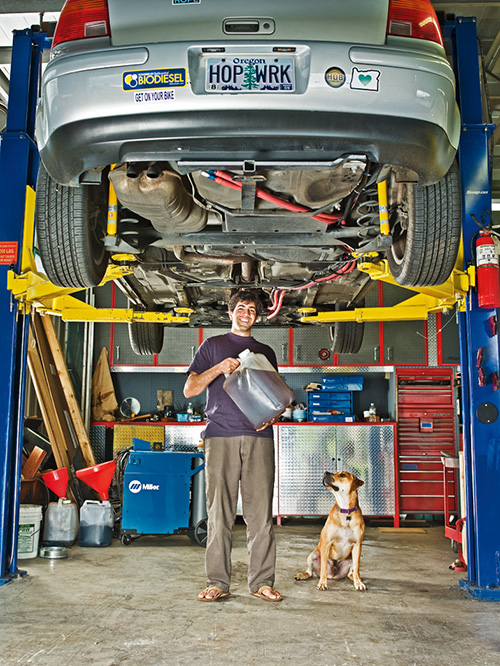
Based on his personal values, Ghafarzade decided to make his business as green as possible. Today, Green Drop Garage has grown into a four-shop eco-friendly automotive repair business in Portland, Ore. Green Drop Garage has gone above and beyond state and federal requirements for environmental standards, earning it an EcoBiz certification (a certification recognizing businesses in Oregon that adopt best practices and protect the environment).
The shop gets many customers because of its green practices, but that’s not the reason the shop pursues such initiatives.
“Being in Portland, we certainly have customers who seek us out because we’re green. Being green is just the right thing to do,” shares a representative from Green Drop Garage.
Oftentimes, the green practices may cost the shop even more money, but it’s a justifiable expense.
“[Being green] does cost more money. For us, it’s simple: it aligns with our values as a company, as employees, and it aligns with the values of our client base. As the country becomes more eco-conscious, there will be a bigger and bigger market for this new way, the ‘green’ way,” the company shares.
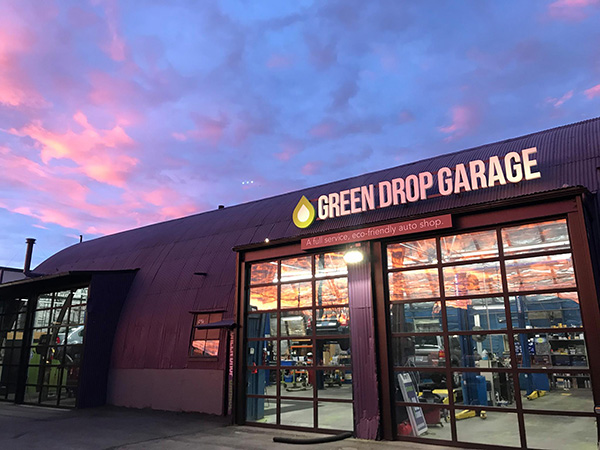
While the shop is always looking for additional ways to be green, some environmentally friendly practices Green Drop Garage has adopted include:
• Using an enzyme-based parts washer.
• Adopting a no-aerosol initiative.
• Recycling: filters, wiper blades are separated by material (paper/cardboard, metal, plastic, rubber) and recycled accordingly.
• Using re-refined oil, as well as recycling used oil. Green Drop Garage sends used oil to a local refinery, and repurchases that recycled oil.
• Capturing rainwater for use in toilets. The shop has found that one day of Portland rain is enough to flush 400 times.
• Asking vendors to make accommodations for the shop’s green initiatives. “A huge win for us was getting our wiper blades to come without their typical plastic packaging. Things like that take a lot of persistence on our end, but it’s exciting for us when a vendor makes a change like that,” Green Drop Garage says. “We even have a vendor that plants a tree for every air filter we purchase from them.”
Green Drop Garage also offers its customers a car care membership that helps them better maintain their vehicles. Better-maintained vehicles equal a longer lifespan and less cars getting junked.
“We set ourselves apart with a stellar product, a unique model that supports our values. We have a membership that encourages clients to come in quarterly. This way, we can focus on maintaining vehicles. Well-maintained vehicles last longer and we can all agree that that’s better for the environment. Broken cars turn cars into consumables; we don’t want that,” a Green Drop representative shared.
For automotive repair facilities looking to make a change, Green Drop Garage says adopting recycling practices at the shop is one of the easiest and most impactful changes a shop can make.
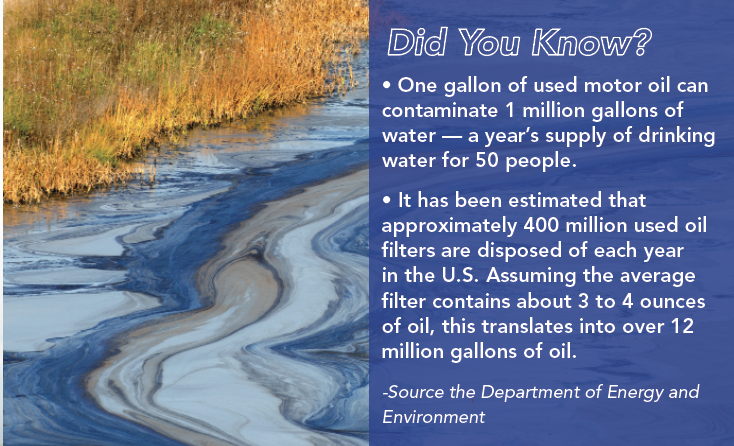
What Can Your Shop Do?
In addition to suggestions made in this article, shops have lots of other opportunities to be run more environmentally friendly.
Brittney Wendell, Oregon Manager of the Pacific Northwest Pollution Prevention Resource Center, which administers EcoBiz certifications, shares a few tips to help shops in their quest to go green:
Easy Changes
• Use re-refined oils and re-refined antifreeze.
• Purchase high use oils and other fluids in bulk.
Finding Resources
• Reach out to their local state agency or their city and ask for some sort of technical assistance with hazardous waste. Asking for non-regulatory assistance will allow the business to get help with environment compliance without the threat of getting in trouble.
• Talk to your local waste management and have them come in and provide training on proper recycling.
Financing Projects
• Check with your state to see if there are cash incentives provided for energy upgrades.
• Discuss programs with energy providers on ways to be more energy efficient.

